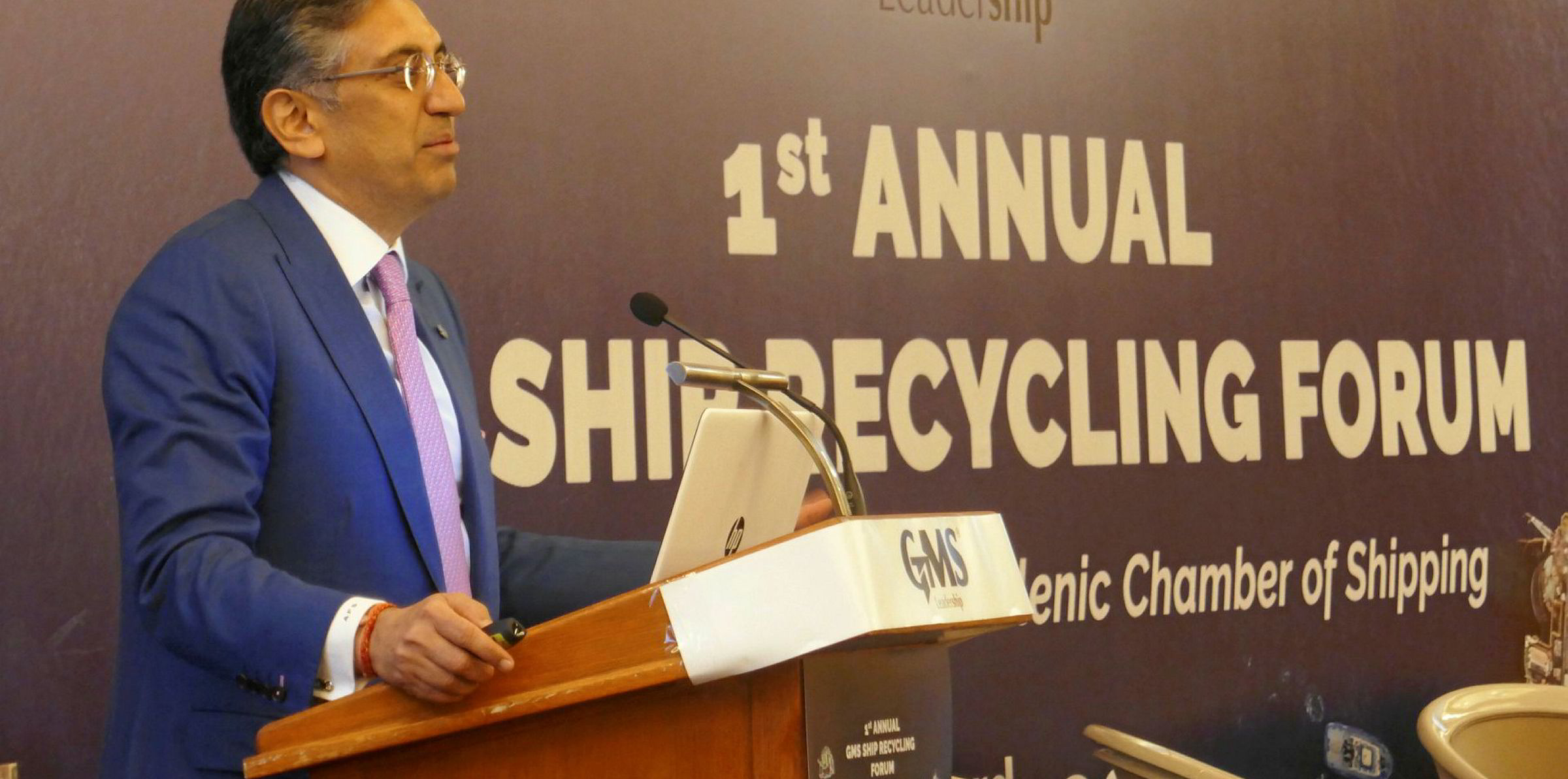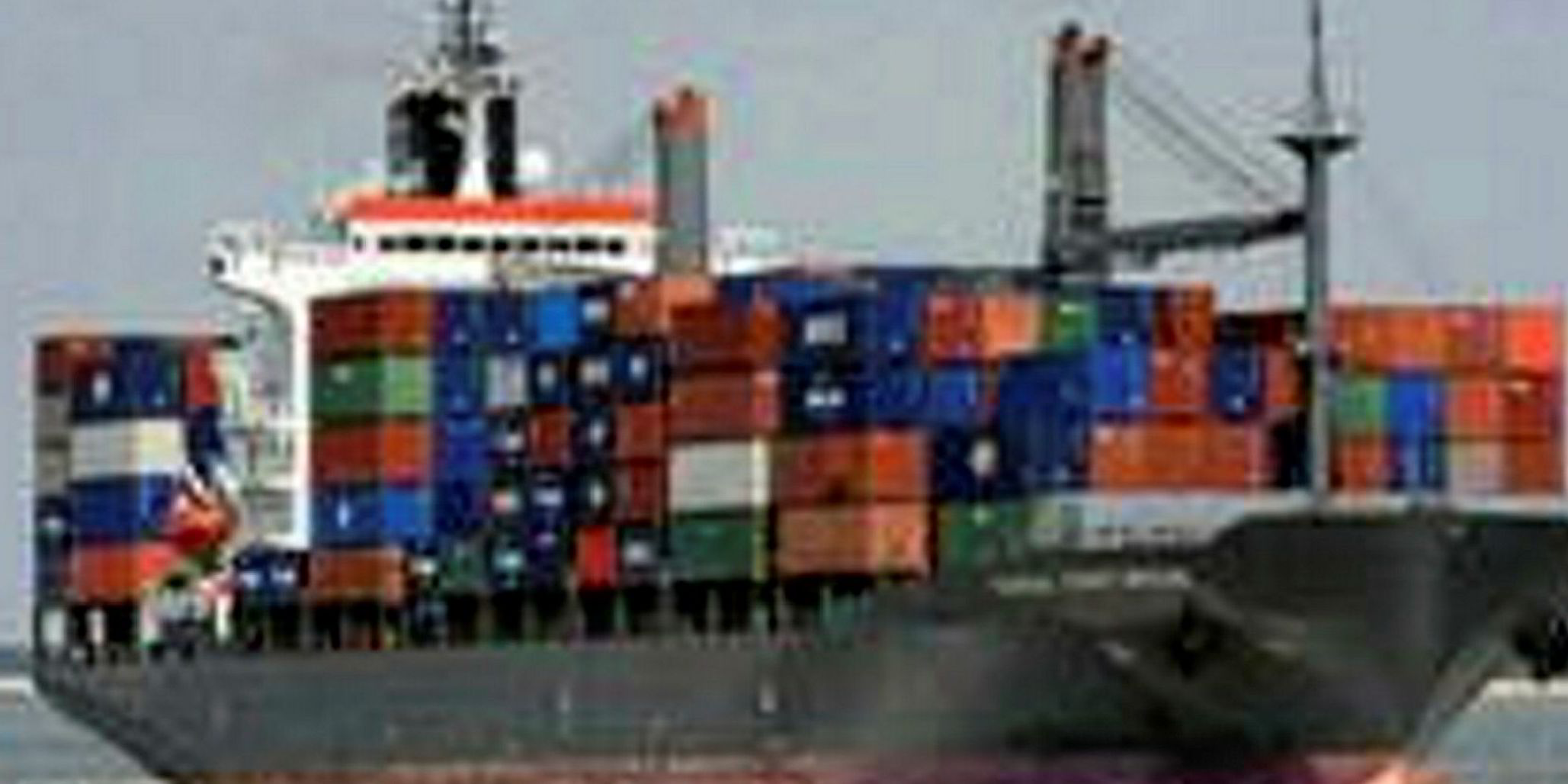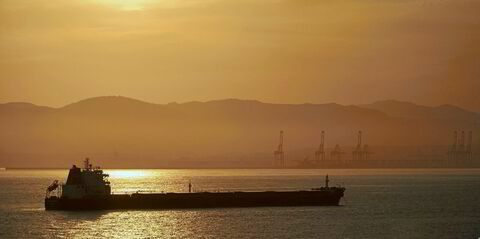Private Chinese shipowners are showing an appetite for ageing secondhand bulker tonnage — and, in a recent deal, are said to have purchased a South Korean-owned panamax bulker that had been sold for scrap.
Commercial sources said cash buyer GMS purchased H Line's DSME-built, 70,400-dwt HL Tacoma (built 1994) for scrap and then sold it on for further trading to an unknown Chinese owner at an undisclosed price. Some sources point to the Fuzhou community of small private owners and operators, while others believe the owner is based in Shanghai.
The ship has been trading coal from Indonesia and Siberia to South Korea, and is currently making way for a stated destination of Singapore.
A GMS official was unwilling to comment on the deal. Company officials have previously said any sales for further trading are done with the consent of the original seller.
Boxship sale
TradeWinds recently reported on a similar GMS deal for 20-year-old boxships. After buying SM Lines' 1,620-teu Bangkok (ex-SM Bangkok, built 1999) and 1,641-teu Lila Hochiminh (ex-SM Hochiminh, built 1998), the cash-buying giant sold the first onto a trading buyer to cut its losses in the declining scrap market and chartered out the second. GMS reportedly bought the ships for $6m enbloc in July.
Sales by cash buyers to trading owners reflect a market for scrap steel that is going in the opposite direction from the market for trading ships in the last two or three months.
Dry bulk opportunities
But in dry bulk, purchases of tonnage at or near the 25-year mark is said to reflect opportunities for marginal and new Chinese players to trade in the sanctioned Iranian iron ore market.
Sale-and-purchase brokers and other commercial sources see Fuzhou buyers, and possibly a single unidentified Fuzhou buyer in particular, as being behind a surge of interest in older ships for tonnage from supramax to capesize.
Little more information was immediately available about the identities of the ships.
Brokers say small and marginal players are being tempted into the market by offers of high margins for transporting iron ore from Iran to China, a trade that well-established internationally operating players would consider too risky because of the exposure of their dollar-denominated transactions to US sanctions.





